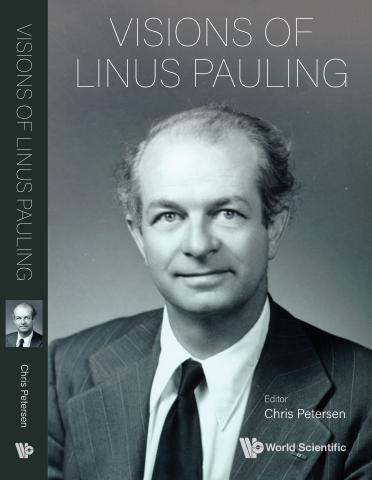From the Dean of Libraries - to the OSU community:
You have probably just read the Provost’s announcement that we are suspending our negotiations with Elsevier for the remainder of this year. We did not make this decision lightly. Our Elsevier contract represents more than one-fifth of our entire collections budget at OSU, and we know that this decision will be disruptive. We do think that this action is an important step towards the equitable and financially sustainable future we described, and the Faculty Senate affirmed, in our Principles Guiding Negotiations with Journal Vendors.
We are taking steps to ensure that everyone in our OSU community can continue to get the resources they need to do their work from the library. I’m going to outline some of these steps here, and I encourage you to consult this resource guide for more information. There you will find important background, information on using alternative services to access articles, and a FAQ about the Elsevier negotiations. Check back often, this resource guide will be regularly updated.
Our primary strategy will be article-level fulfillment. We will build on our already outstanding Interlibrary Loan service (ILL), and add some additional tools that should improve those workflows and provide a more seamless user experience. Our average time to fulfill an ILL request is currently 13 hours. We expect that we can improve on that with tools that will allow us to find open access content where it is available, and to make article-level purchases of content where borrowing is too slow.
This is important for two reasons:
-
Article-level fulfillment is the only way that we will be able to take advantage of the rapidly-increasing amount of open access content available in subscription journals. We have not seen publishers adjust subscription prices to reflect this change, so we need to focus our efforts at the article level.
-
The tools we will use to do this give us data that we control. Currently, we rely on vendors to provide us with the user data that demonstrates how often their products are used. These article-level tools will allow us to make more informed decisions moving forward.
In the summer of 2023 we will develop a timeline and goals for access to Elsevier content in 2024. At that point, we expect that we will be looking to secure access to a curated list of titles, informed by the assessment I described above, and by the ongoing conversations we have been having with our OSU community about open and sustainable scholarly communication. We will also reach out to UO and PSU on shared timelines and goals for access moving forward.
In the last two years we have talked to a lot of you -- in department meetings, at the faculty senate, in 1:1 conversations, and in college and university leadership team meetings – about the ways that the consolidation of scholarly publishing into the hands of a few, large, for-profit entities is unsustainable for the library, and for OSU. We have been overwhelmed with the support we have received in those conversations, and our understanding of the issues has been made deeper and richer by all of you who have participated in them. We will be reaching out to you for more conversations in the next few months, and throughout the next year.
Anne-Marie
